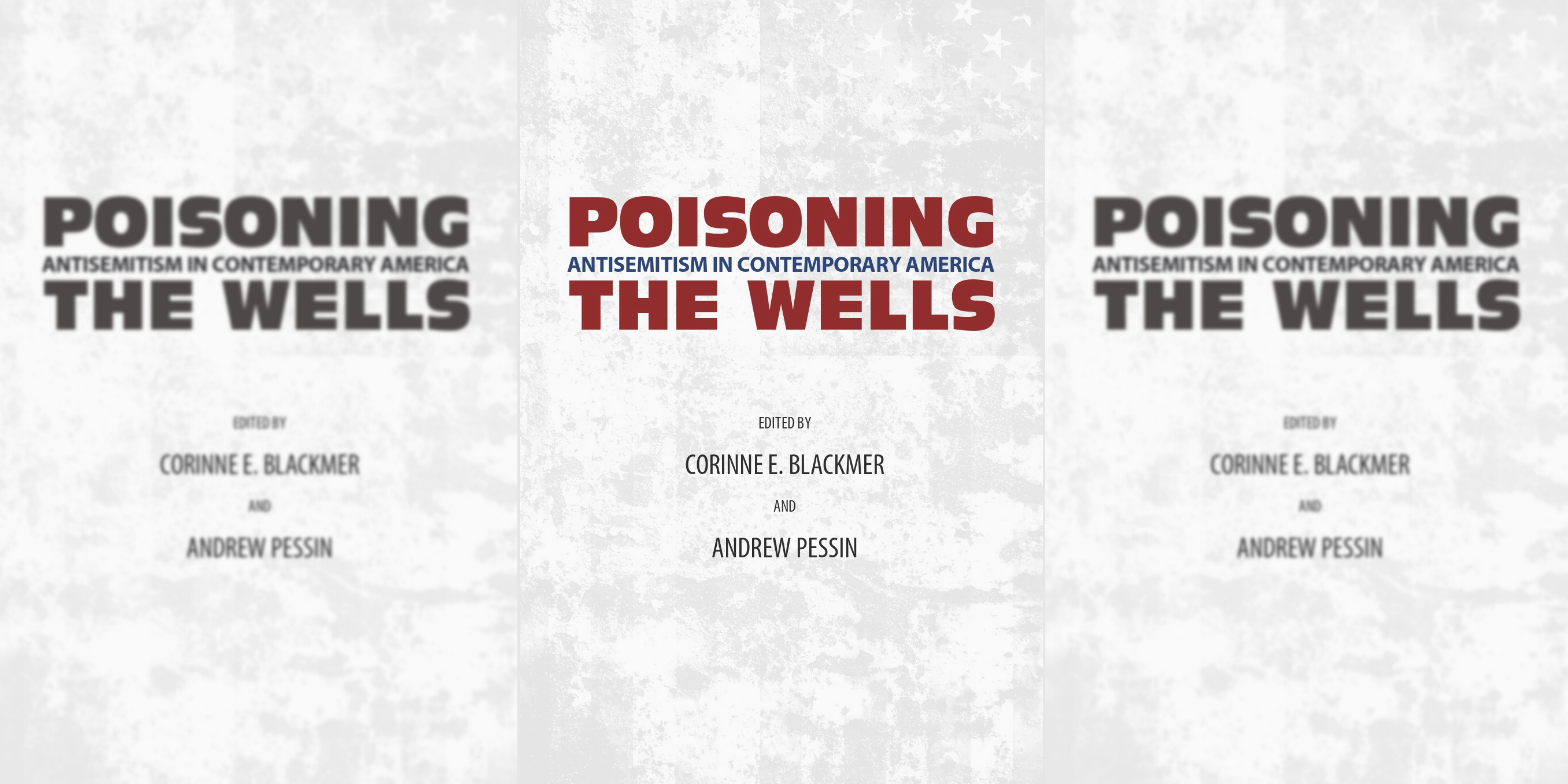In twenty-first century America, antisemitism is on the rise, especially on the extreme left, the radical right, and within political Islamism. Expressions of this oldest hatred are also increasingly prevalent in popular culture, where they are spread–wittingly or unwittingly–by politicians, entertainers and celebrities, the media, social justice activists, and religious leaders, as well as in universities, in schools, on the streets, and even, in some instances, by Jews.
Within one recent week, in Boston, a gunman was arrested en route to a synagogue, a rabbi was stabbed, and an anti-Israel rally mobbed a lone pro-Israel bystander, demanding: “Zionists go home!” A white supremacist, not-a-white-supremacist, and the call to destroy the only Jewish state in the world and silence her advocates, all with the same goal: to eliminate Jews from the public square, and in some instances entirely, not just from Israel but from the United States itself.
The United States was once the Goldene Medina–the Golden Land–where Jews could escape centuries of persecution and finally be free. However, recent events suggest not only that this dream has not been realized but that general socioeconomic, political, and cultural trends are moving in the opposite direction. In a series of groundbreaking essays by leading scholars, Poisoning the Wells: Antisemitism in Contemporary America provides a detailed analysis of contemporary antisemitism, with a focus on the United States, and examines its origins, its development, and its alarming implications.
Click here to purchase the book.
Editors:
Corinne E. Blackmer, Southern Connecticut State University, United States
Andrew Pessin, Connecticut College, United States
Foreword
Charles Asher Small, Executive Director, ISGAP; Visiting Academic, St. Antony’s College, Oxford, United Kingdom
Introduction
Corinne E. Blackmer, Southern Connecticut State University, United States, and Andrew Pessin, Connecticut College, United States
Antisemitism in American-Jewish Academia
Edward Alexander, University of Washington, United States
Pinkwashing Antisemitism: The Origins of Queer Anti-Israeli Discourse
R. Amy Elman, Kalamazoo College, United States
Left Antisemitism: The Rhetoric and Activism of Jewish Voice for Peace
Miriam F. Elman, Syracuse University, United States
Holocaust Denial on the Web: Confronting the Future of Antisemitism
Joel Finkelstein, The Network Contagion Research Institute, United States, Corinne E. Blackmer, Southern Connecticut State University, United States, and Charles Rubin, Duquesne University, United States
Intersectionality and the Jews
Elliot Kaufman, Stanford University, United States
The Rise of Black Antisemitism: An All-Too-Familiar Tension Returns
James Kirchick, Brookings Institute, United States
Why So Many Social Scientists Misunderstand Contemporary Antisemitism
Neil J. Kressel, William Paterson University, United States
Falling Down a Rabbit Hole: Antisemitism Becomes the New
Normal at Oberlin College
Melissa Landa, Academic Engagement Network, United States
Micro-Boycotts: Anti-Zionism and Antisemitism in the Personal
Boycott Movement
Cary Nelson, University of Illinois, United States
Crusaders for Armageddon: Christian Zionism and Antisemitism
in the United States
Molly Benjamin Patterson, University of Wisconsin-Whitewater, United States
Epistemic Antisemitism, or “Good People Gone Wild”: How
Decent People Can Be Antisemites and Not Even Know It
Andrew Pessin, Connecticut College, United States
“Happy Dhimmis, Happy Darkeys”: Myths Past and Present
Eunice G. Pollack, University of North Texas, United States and Stephen H. Norwood, University of Oklahoma, United States
The Perpetual Scapegoat: Antisemitism in the Ideology and Activities of Hate Groups in the United States pre- and post- Trump’s Election
Ashley V. Reichelmann, Virginia Polytechnic Institute and State University, United States, Stanislav Vysotsky, University of Wisconsin-Whitewater, United States, and Jack Levin, Northeastern University, United States
Antisemitism, Soft Jihad, and Extremism in US and Canadian Universities: The Contextualization of National Students for
Justice in Palestine (NSJP)
Charles Asher Small, Executive Director, ISGAP; Visiting Academic, St. Antony’s College, Oxford, United Kingdom, and David Patterson, University of Texas at Dallas, United States
Israel as the Repugnant Other: Anti-Zionism in Liberal Protestant Denominations
Dexter Van Zile, Committee for Accuracy in Middle East Reporting and Analysis, United States
The University of California Principles Against Intolerance:
Efforts to Integrate Them into Campus Policy and Practice
Kenneth Waltzer, Michigan State University, United States

